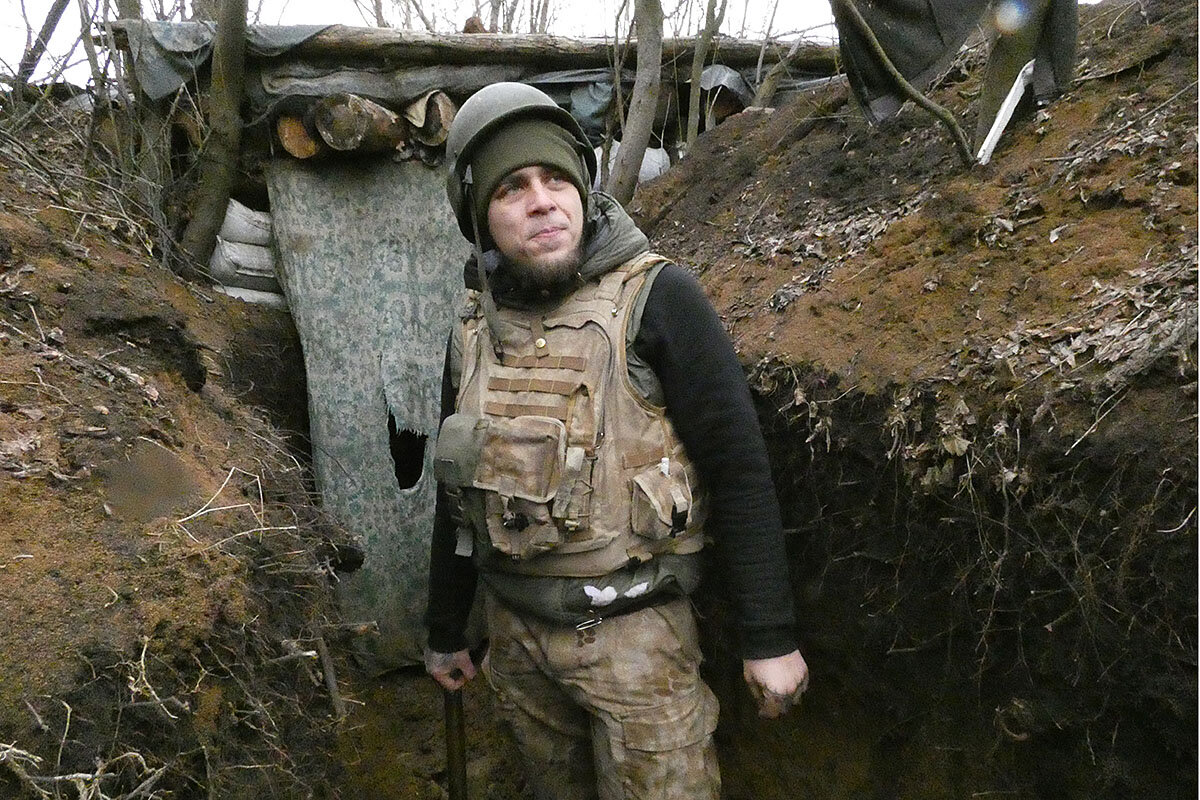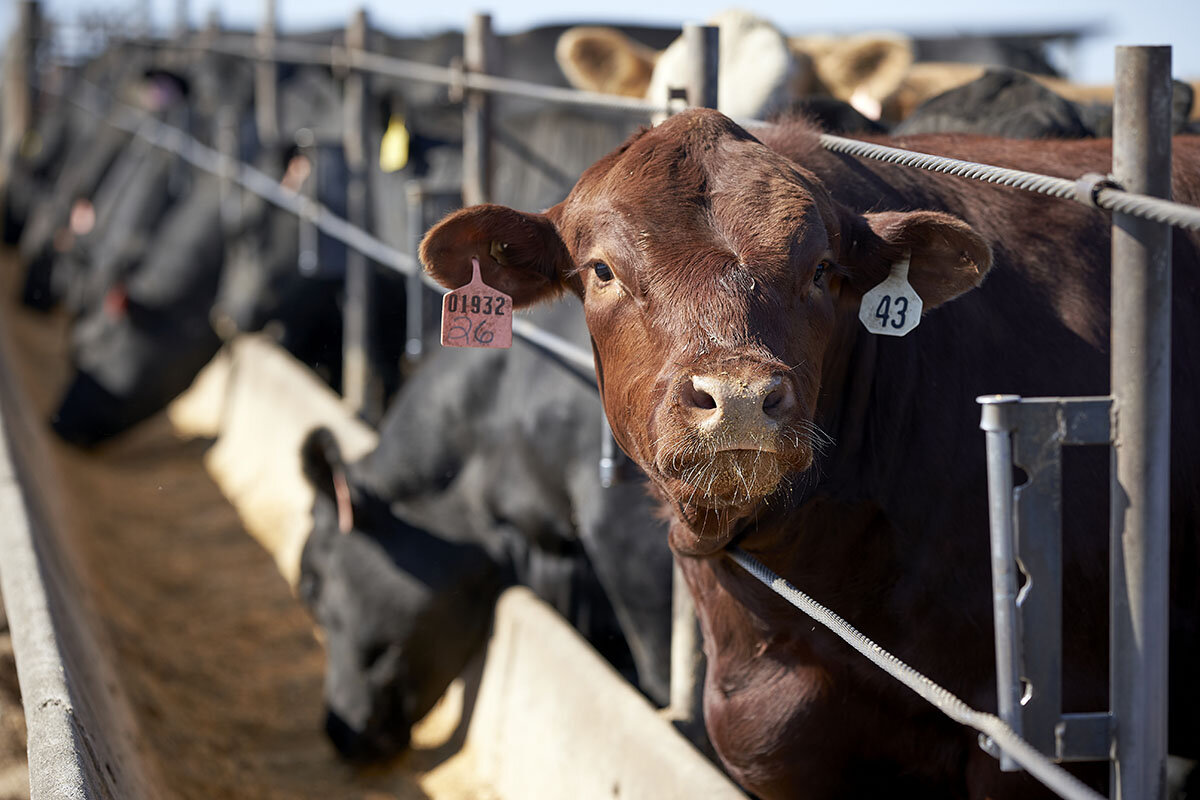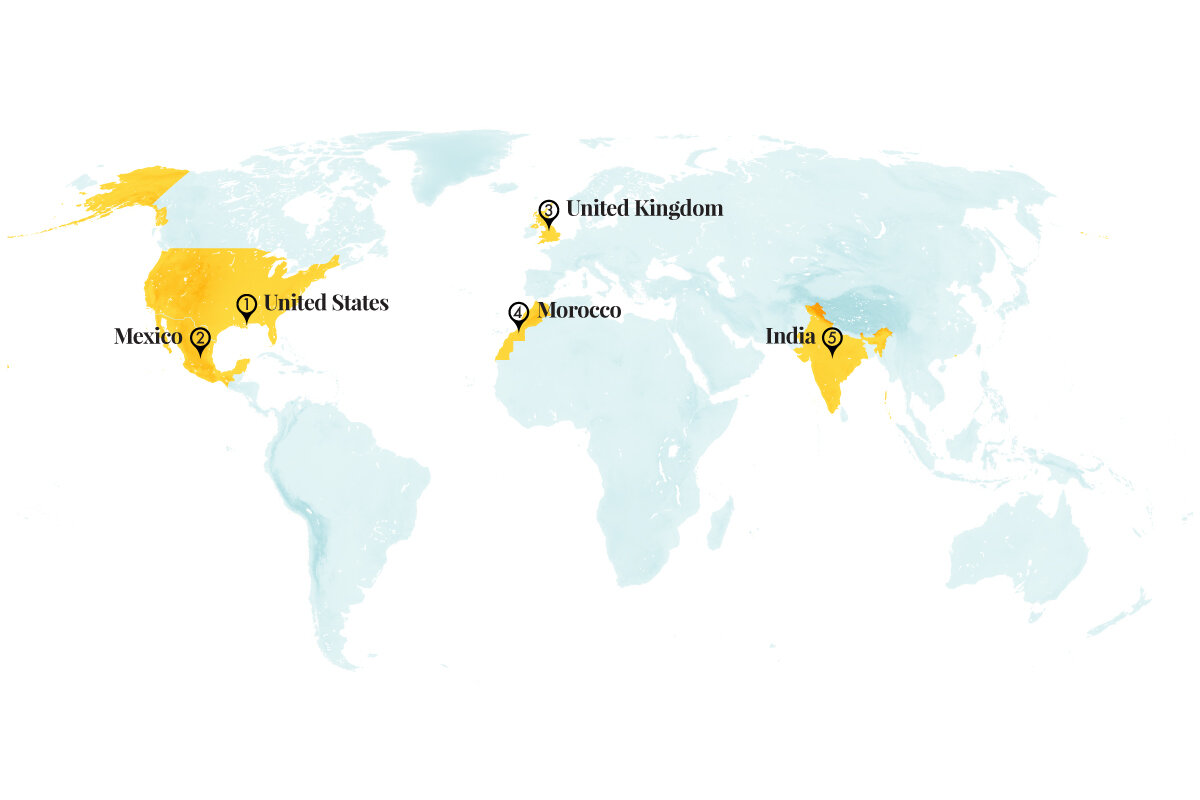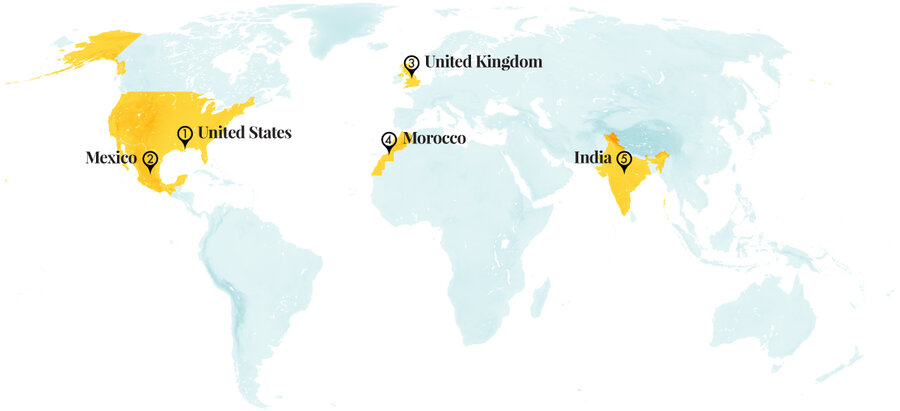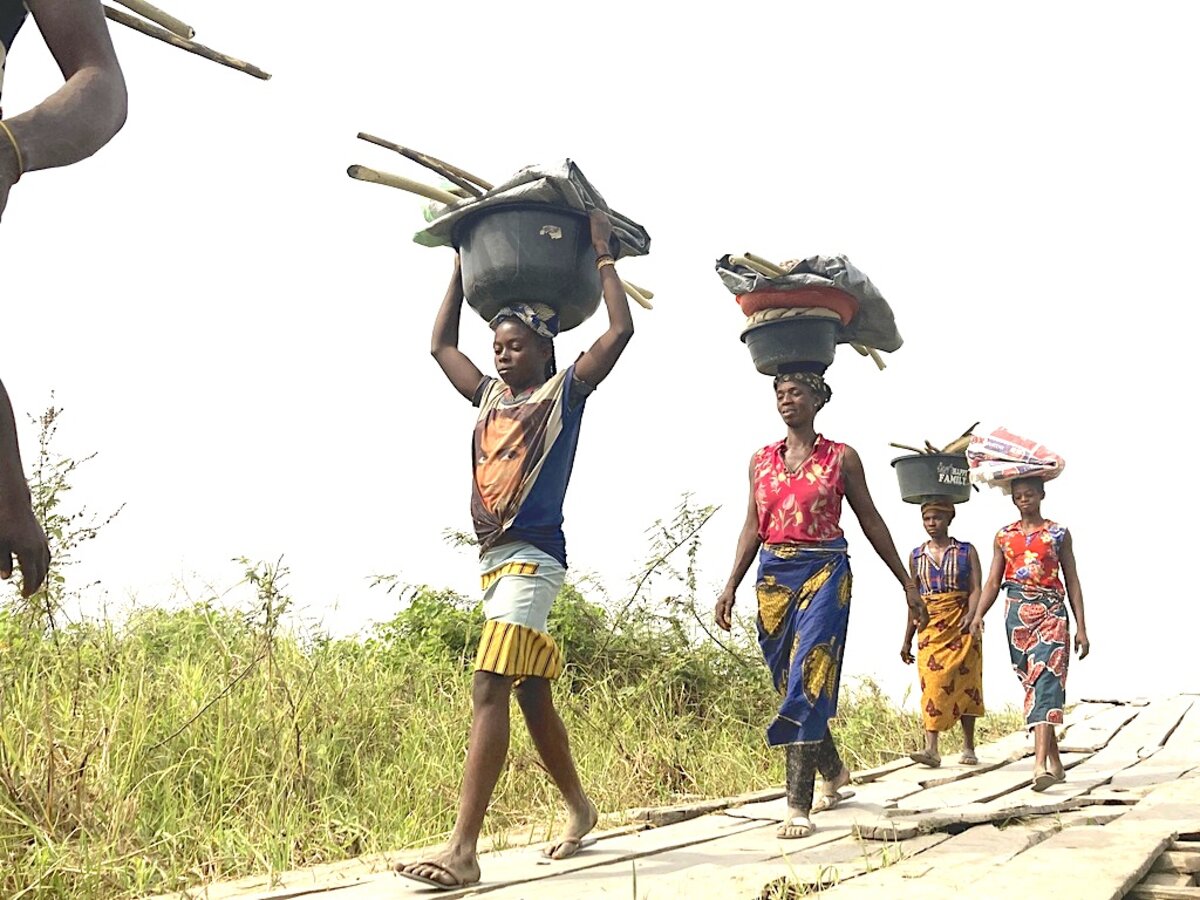Across Nigeria, tensions between farmers and nomadic herders keep escalating, driven by a competition for land and water made worse by population growth and climate change. These skirmishes receive less attention than the region’s violent Islamist insurgencies. Yet they take a greater toll in killings and village disruptions, according to the United States Institute of Peace (USIP). They may also be one key to bringing peace in this region of Africa.
In at least two Nigerian states, new local peace agencies are quietly working with traditional leaders to stitch communities back together. Instead of security by military force, they are building what a mediator in the state of Kaduna calls “an atmosphere of understanding” through dialogue and reconciliation. Their successes show a way forward at a fragile turning point in efforts to suppress groups like Boko Haram and Islamic State.
For more than a decade, villages across the scrubby lower band of the Sahara desert called the Sahel have been caught in the crossfire between extremist factions and the military forces fighting them. Schools have been prime targets for jihadis looking for wives and conscripts. But civilians have also experienced violence from those who were supposed to protect them, according to human rights groups. And despite the presence of 12,000 United Nations troops and thousands of American and European forces, the problem has continued to spread.
The traumatic disruption of communities has created conditions that make people, particularly young men, more susceptible to radicalization. It is also causing a crisis of faith in democracy. In Mali, for example, the failure of international forces to contain extremism has turned popular opinion in favor of a ruling military junta even though 75% of the people say they favor democracy, according to the polling firm Afrobarometer.
The crisis deepened at a summit of European and African leaders in France this week. French President Emmanuel Macron announced he was withdrawing the 4,600 French troops based in Mali as part of an international counterterrorism operation. Critics called it an admission of failure. France has had troops in Mali to fight Islamist insurgents since 2013. But Mr. Macron said he could no longer side with “de facto authorities” that have lately embraced the arrival of some 800 Russian mercenaries. Denmark, Germany, and Norway are withdrawing their military support as well.
African leaders at the summit sided with Mr. Macron. Their opposition to the military junta in Mali reflects a shared conviction that lawlessness through military rule is not the answer to lawlessness. But it leaves unresolved how best to fix a security problem that has defied the use of international forces.
In Nigeria, communities responding to ethnic and religious strife from within may hold part of the answer. Peace initiatives like the ones bringing herders and farmers together “are an instrument worth adapting elsewhere to strengthen democracies against the erosions of violence and extremism,” USIP notes. They start slowly. State-sponsored mediators bring traditional leaders together to begin defusing suspicions. Gradually others are involved. Storytelling helps participants find common ground.
A decade of fighting Islamist extremism in West Africa has killed thousands and displaced millions from their homes. As Western and African leaders reassess a primarily military-based approach to countering terrorism, people in communities overrun by that violence are showing that divisions based on identity can be overcome. By restoring local currencies of trust and respect, they are learning how to put down their guns.
 David Clark Scott
David Clark Scott




